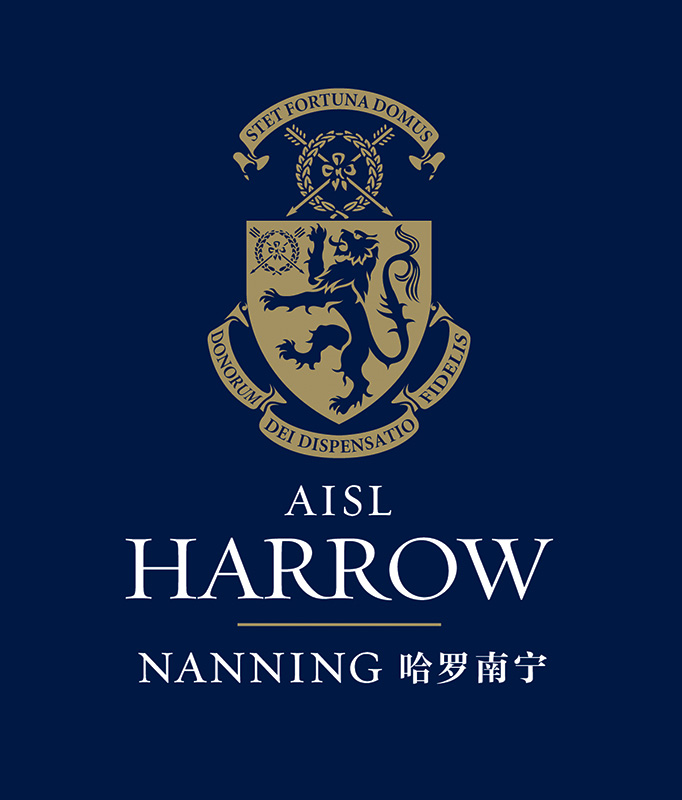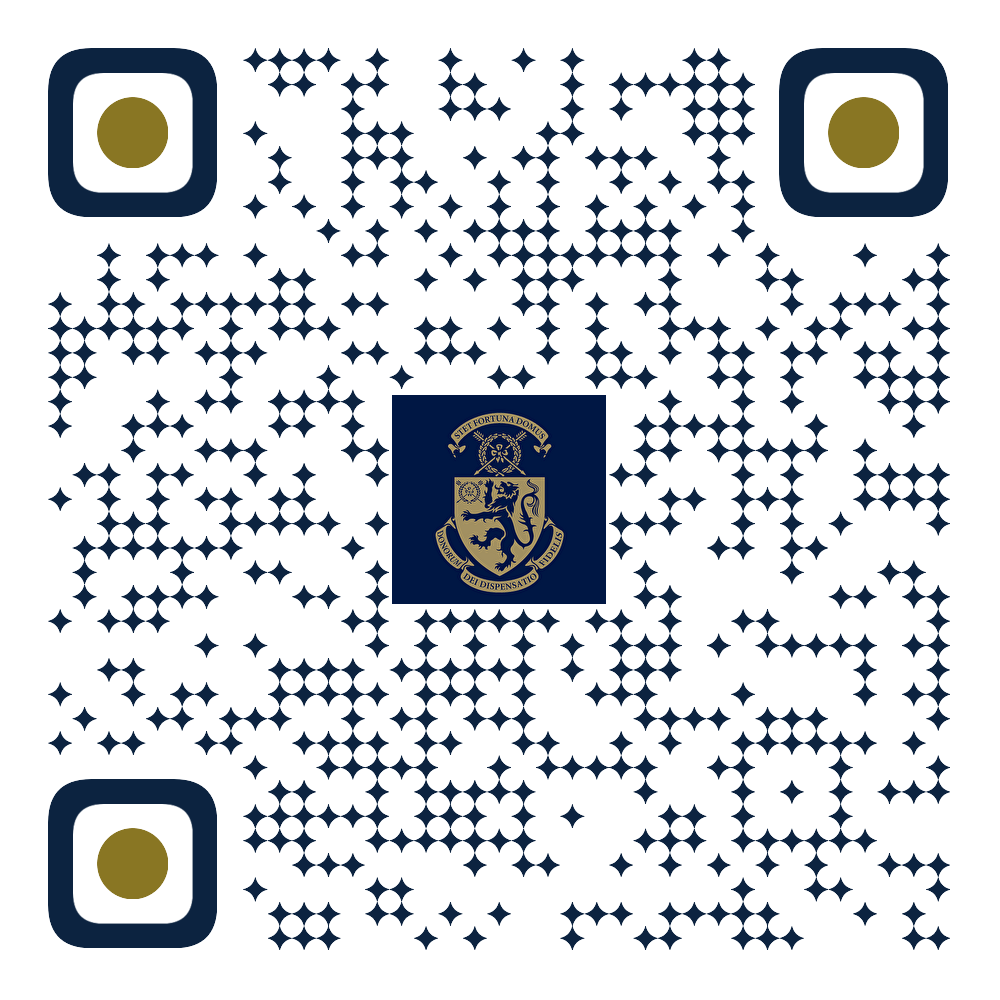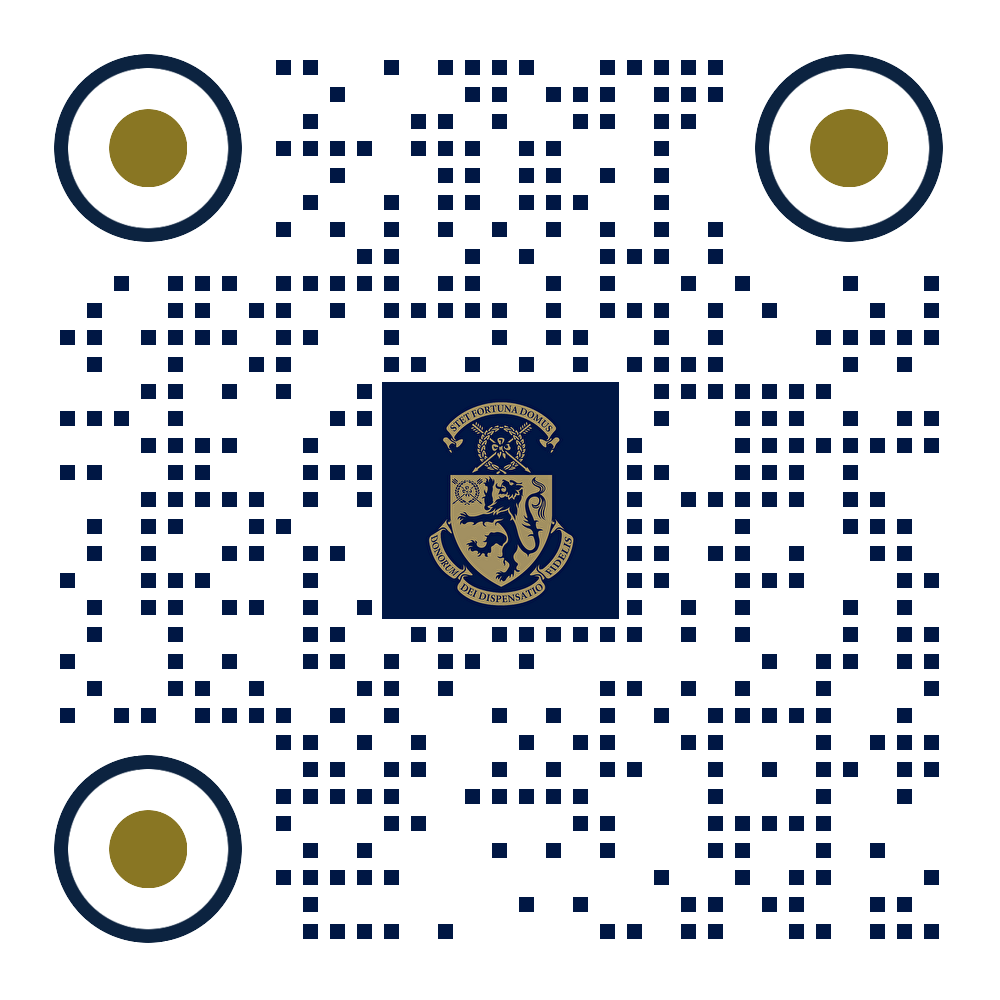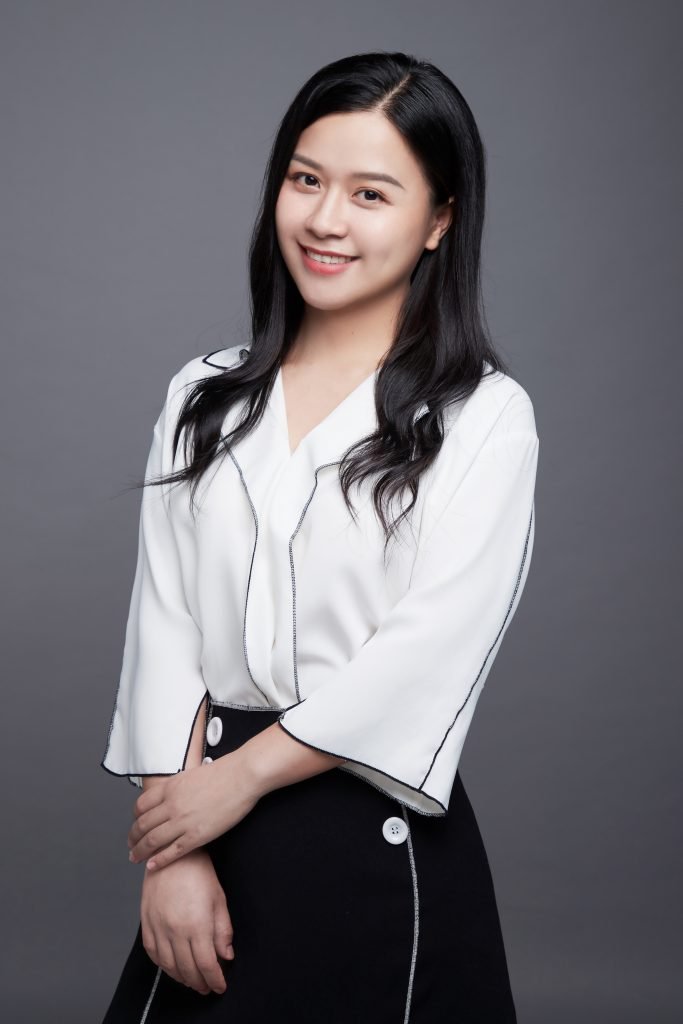The forum on the development of bilingualism in internationazed schools, co-hosted by New School Insight and AISL Harrow Schools, was successfully concluded on 18 February 2023 at Harrow LiDe School Nanning. The event was attended by teachers from internationalised schools and teaching institutes from all over the country, as well as parents.During the workshop, many guests had extensive exchanges on the theme of bilingual teaching in international schools, on the construction of bilingual education culture, bilingual market, bilingual teacher training and other industry hotspots, promoting deep thinking and high quality development of bilingual teaching.

The event is divided into two sessions in the morning and afternoon, with keynote speeches, roundtable forums and parallel workshops. In the morning session of the event, Ms Wu Yue, Chief Executive Officer of New School Insight Media, delivered the opening speech at the workshop on the development of bilingual education in international schools. She briefly described the research history of the Research Report on Bilingual Curriculum in Chinese Private International Schools. Ahmed Hussain, Chief Education Officer of AISL Harrow Schools (Harrow School Group), presented information about the Research Report on Bilingual Curriculum in Chinese Private International Schools, which was researched in collaboration with New School Insight Media. He said that bilingual education is both a challenge and an opportunity under the new curriculum requirements. Bilingual education offers a lot of scope for development. He hoped that the guests would discuss and enlighten the public on how to help students develop bilingual skills and build a bilingual curriculum system, which are hot topics of concern to the industry. In the future, AISL Harrow School and Harrow LiDe School Nanning will continue to make their contribution.
In the keynote session, Li Kanghua, Vice President and Director of the Centre for Curriculum Development and Assessment of the ZWIE Group; Amanda Yan, Associate Director of Nord Anglia Chinese Bilingual Education ; Yan Zeng , Chinese Principal Leader and Consul General of the International High School of Maple Leaf International School in Hainan; Luna Cao, Chinese Principal of Harrow LiDe School Nanning,Glesni Guest,Head of HLL Nanning,Vanessa Yao,Chinese Principal of HLL Nanning shared insights on the development of bilingual education.
The guests also discussed the development of international schools and helping students build a smooth bilingual model in two roundtable sessions, sharing their experiences.
In the roundtable on ‘How to turn existing international strengths into bilingual strengths in the new context’, four guests spoke in response to moderator Zhang Ye’s questions, taking into account their own teaching and management experiences.

The core of language acquisition in bilingual programmes is communication and the collision of ideas. International schools can remove the essence from the integration of ideas and focus on depth and breadth in teaching to help students acquire bilingual skills. —Yan Zeng
There are difficulties in implementing bilingual education for senior students when they transfer to the school due to the different cultural backgrounds of Chinese and foreign students. AISL Harrow Schools Group uses a team of experts and a subject data system to analyse students’ learning levels in real time and give personalised learning guidance. The school also needs to maintain a good relationship with parents and the school can create a learning parent community that focuses on the growth of the parent, student and school as a whole.—Luna Cao
Bilingual education helps individuals develop lifelong learning habits in order to continuously expand the boundaries of learning. In bilingual education learning, bilingual education learners can reflect on their own culture from a critical perspective, leading to progress and freedom—Kanghua Li
In a realistic environment where Chinese students are the target audience and the main subject of instruction, international schools should design and implement bilingual programmes based on the developmental characteristics and learning development needs of Chinese students. In terms of curriculum, Harrow LiDe School’s bilingual programme provides a high quality service based on the characteristics of Chinese students and incorporates the bilingual research theories of Dr Annamaria Pinter, Associate Professor at the Centre for Applied Language at the University of Warwick, UK, to enhance a ‘balanced, individual and complete’ bilingual education for students at different levels.—Isabel Xu
In the afternoon’s roundtable discussion on “How to help children build a smooth dual mother tongue mindset”, four guests presented their insights on student learning and home-school help in bilingual education.

Students’ switching between bilingual contexts is influenced by the use of bilingual learning strategies, which require systematic learning, and that schools should focus on a balanced approach to bilingual education. At junior high school, parents should respect their children’s interest in learning, play an active role in their children’s learning based on trust, and create a good learning environment for this purpose. AISL Harrow School’s Academy, which provides teachers with online training tools, an online community, leadership training, curriculum learning, workshops and other services, and in the future the Group will offer parent courses to build a strong home-school relationship. —Isabel Xu
As the ability to switch between two languages in specific contexts. The development of bilingual education for students cannot be achieved without the creation of a bilingual and multicultural environment. In primary schools, parents need to be patient, insightful and motivating in their children’s learning progress; international schools can strengthen the home-school connection and collaborate to create a bilingual and cultural environment by setting up parent leadership academies, etc. alongside the curriculum. —Luna Cao
The creation of a bilingual cultural environment influences the use of students’ bilingual skills. The stimulation of a second language in a bilingual education environment encourages the formation of a child’s linguistic thinking, while the optimal age for children to learn a language can effectively promote the development of bilingual thinking and competence. Students are not exposed to bilingualism until they are in high school and have problems acquiring vocabulary. In addition, bilingual and non-bilingual schools have different assessment systems for students and students have to overcome different assessment systems. In a bilingual school, the school focuses on language learning methods such as natural spelling to improve students’ language learning efficiency, and uses assessment tools to test students’ language skills and recommend appropriate reading books to stimulate students’ abilities. —Amanda Yan
At the launch of the Research Report on Bilingual Curriculum in Chinese Private International Schools,May Wu, Chief Executive Officer of New School Insight Media, detailed five aspects of the report, including the definition of bilingualism, the current market situation of bilingual education, and case studies of bilingual curriculum. She shared the report’s key findings with the audience. Ms Wu said that in terms of private school development, the state is focusing on guiding private schools to provide a differentiated, diversified and distinctive education supply. In addition, she said that under the guidance of the new curriculum, the integration of international curriculum elements into the bilingual curriculum based on the “Chinese National Curriculum as the core”, and the gradual development of bilingual curriculum characteristics are issues that all leading private international schools should focus on. In the afternoon presentation, Ms Wu Yue also shared her own experience of the bilingual learning process and assessment methods for children, encouraging parents to “wait for the flowers to bloom”.

The parents’ parallel workshops were full of excitement and covered four main areas: curriculum experience, school selection, quality development and further education planning.
In addition to the excellent guest speakers, we also invited Ryan Xi, an alumnus of AISL Harrow Beijing and a graduate of Cambridge University, to share with parents the importance of bilingual learning and applying to top schools around the world. He pointed out that admissions to top overseas universities are not only based on students’ academic performance, but also on their soft skills. Language skills, leadership skills and extra-curricular activities are all key elements that top overseas universities look for. He therefore advises students to start planning for further studies at least from Year 9/Grade 8 onwards. This includes enhancing their language skills, the ability to learn subjects in both Chinese and English, good academic enquiry and thinking skills, in addition to being active in a variety of activities in and out of school and developing good character.
The Bilingual Education in internationalised schools Forum was successfully concluded.
AISL Harrow Nanning is committed to building an open and collective international education community, bringing more high quality education resources to Nanning and Guangxi
Stay tuned as the excitement continues!








